
Be careful if your hair shows these 6 signs

According to Dr. Victoria Barbosa, director of the Millennium Park Dermatology Institute in Chicago (USA), we often think of hair as nothing more than dead protein. In reality, when the body is imbalanced, it will affect the condition of your hair.
Today, hair is no longer seen as just a feature of beauty—it also reflects your health. By looking at your hair, you can spot hidden health issues and address them in time.
1. Hair is constantly oily
Greasy hair is often a sign of anger, stress, or blood circulation problems that cause toxin buildup in the body. Other causes include liver heat from a diet high in oily foods, irregular sleep, or staying up late—all of which lead to excess oil production in the hair.
To fix this, you should consume more antioxidant-rich foods such as green tea, chamomile tea, and soybeans to detoxify the body. Combine this with stress-relief practices such as meditation, yoga, going to bed earlier, and exercising regularly.
2. Thinning hair and excessive hair loss
Normally, when hair falls out, new strands grow back immediately, keeping the total volume stable. If you notice thinning hair or sudden hair loss, it could be a sign of poor health conditions such as hormonal imbalance, thyroid disease, fatigue, or stress—these damage hair follicles and increase hair loss.
Diabetes can also cause thinning or sudden hair loss. Experts note that excessive shedding may be an early warning sign of diabetes, as it affects hormone levels in the body.
To manage this, limit frequent use of harsh beauty treatments such as perming, crimping, bleaching, or dyeing. Eat plenty of leafy greens (like spinach, water spinach, kale) and vitamin C–rich fruits (such as oranges, lemons). If your condition doesn’t improve with dietary changes, see a doctor.
3. Premature graying
Many young people experience premature gray hair. While genetics play a major role, stress can also trigger graying by disrupting melanin production—the pigment responsible for natural hair color.
Premature graying may also indicate rapid aging. As we age, hair naturally changes every 7–10 years. Many people first notice gray hairs in their 30s, and thinning becomes more apparent in their 40s and 50s. The pace of this change depends greatly on how well you care for your hair. If you’re going gray early, it may be worth checking for other aging-related conditions such as osteoporosis.
If you’re still young but notice salt-and-pepper hair, it could be due to nutritional deficiencies, viral illnesses, kidney issues, reproductive hormone imbalance, or thyroid problems.
4. Flaky scalp and dandruff
-
Dandruff or dry flakes: Besides poor hair hygiene, dandruff can result from a dry scalp or dermatological issues such as psoriasis or eczema. Stress, weakened immunity, or neurological conditions like Parkinson’s disease may also contribute.
-
Thick scaly patches: Do not confuse this with dandruff. Thick scaling on the scalp is often a sign of psoriasis or other autoimmune disorders. Psoriasis accelerates skin cell growth due to faulty immune signals. Beyond itchiness and irritation, psoriasis is linked to autoimmune conditions like lupus and rheumatoid arthritis. If you notice scaly patches with itching, see a doctor promptly.
5. Dry, brittle, easily broken hair
Protein is essential for building all body cells, including hair follicles. Protein deficiency leads to dry, lifeless hair, skin, and nails. When the body is lacking protein, it prioritizes vital functions over hair health, leaving hair weak and brittle. To improve this, consume more fruits and omega-3–rich foods such as salmon and tuna.
Studies also link brittle hair to Cushing’s syndrome (adrenal gland dysfunction). If accompanied by symptoms like chronic insomnia, high blood pressure, or unexplained back pain, consult a doctor.
6. Hair turning yellowish, pale brown, or brassy
If hair gradually turns dull yellow, it may indicate lupus erythematosus. In adults, it can also signal severe calcium deficiency.
Light brown or brassy-yellow hair may point to thyroid dysfunction, severe malnutrition, or iron-deficiency anemia. It can also appear after recovering from a serious illness, when melanin levels drop and hair loses its natural dark pigment.
Nutritious Foods for Healthy Hair
Many people ask: What should I eat to reduce hair loss? Below are key foods to support strong, healthy hair:
Iron-rich foods
Iron is vital for hair growth. Iron-deficiency anemia is a leading cause of hair loss, as hair follicles rely on blood to supply nutrients. Without enough iron, hair’s growth cycle is disrupted.
Sources: red meat, chicken, fish, lentils, spinach, broccoli, kale, and other leafy greens.
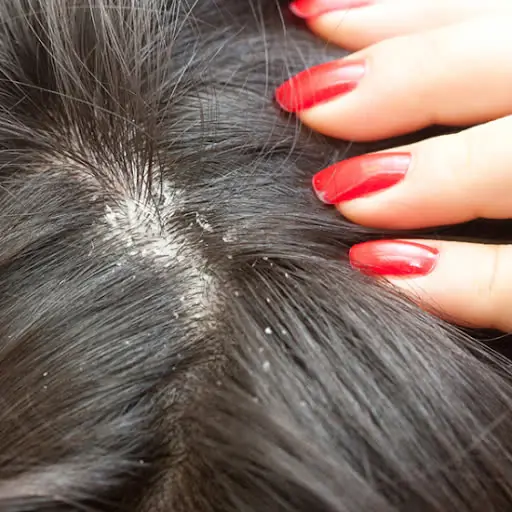
Yogurt for hair growth
Yogurt is rich in protein, which nourishes the scalp and supports hair growth. It also contains vitamin B5 (pantothenic acid), which helps prevent hair thinning and breakage. Pantothenic acid is commonly listed in haircare products. Remember to drink 2–3 liters of water daily for proper hydration.
Salmon for shiny, healthy hair
Fish like salmon, sardines, and mackerel are loaded with omega-3 fatty acids. Since the body cannot produce these fats, you must get them from food or supplements. Omega-3s strengthen immunity and nourish thick, shiny, healthy hair.
Vitamin C–rich foods
Vitamin C helps the body absorb iron and strengthens blood vessels that supply nutrients to the scalp. Great sources include blueberries, guava, kiwi, oranges, papaya, and strawberries.
Guava to prevent breakage
Guava is packed with vitamin C—just one cup of guava juice provides 377mg, about 4 times the daily recommended amount. This helps prevent hair breakage and split ends.
Eggs for faster growth
Eggs are rich in protein and iron, plus B vitamins—especially biotin, which supports hair and nail growth. Deficiency in these nutrients is strongly linked to hair loss.
Sweet potatoes for smooth hair
Sweet potatoes contain beta-carotene, an antioxidant the body converts into vitamin A. Vitamin A prevents dryness and stimulates the scalp’s oil glands to keep hair smooth and shiny.
News in the same category


Sho.cking health benefits of sweet potatoes you never knew about

Study identifies possible connection to autism development
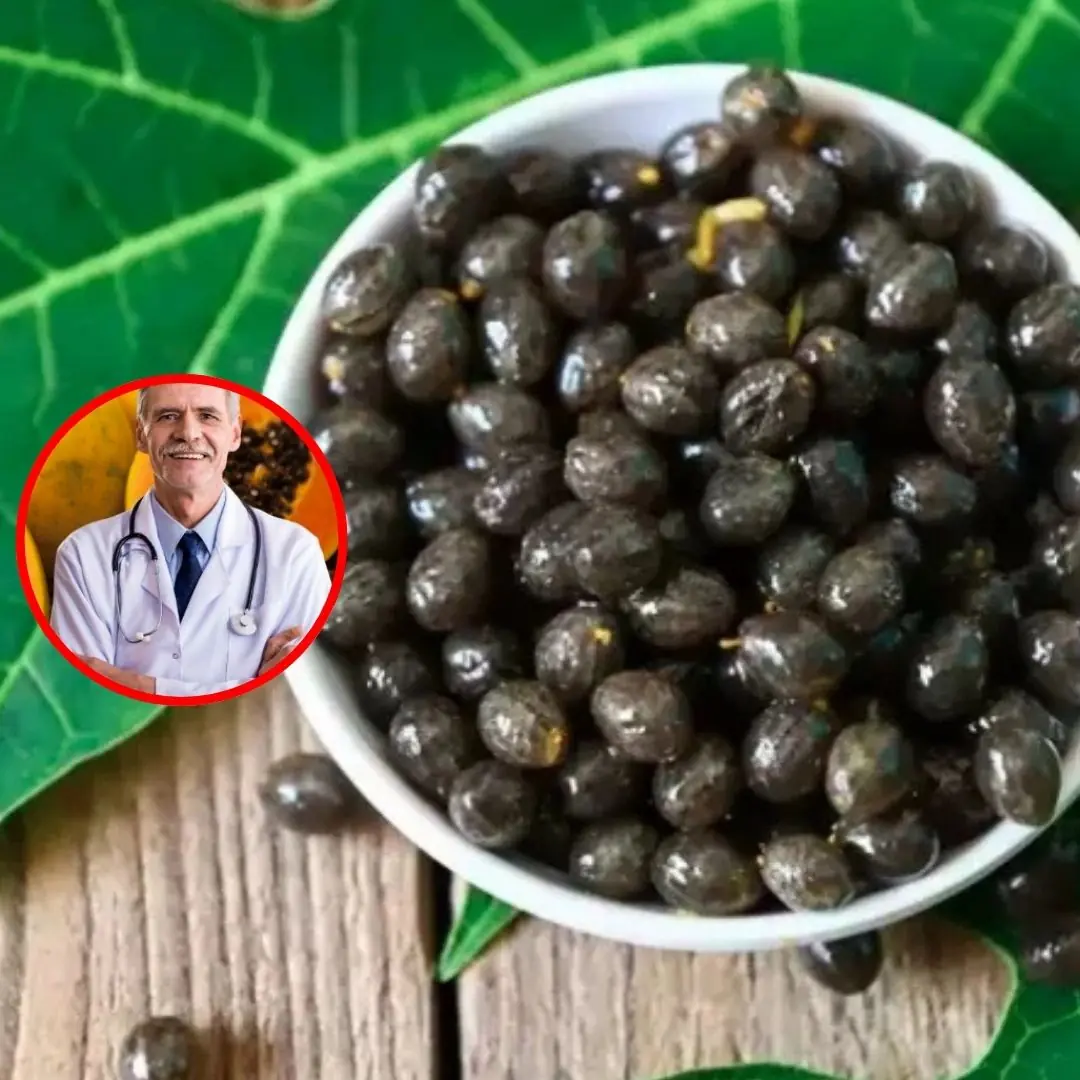
You should immediately give up the habit of eating this fruit and then scraping off the seeds because it has amazing benefits that few people expect.

Cold Weather, Frequent Nighttime Urination in Men, and Its Potential Health Consequences
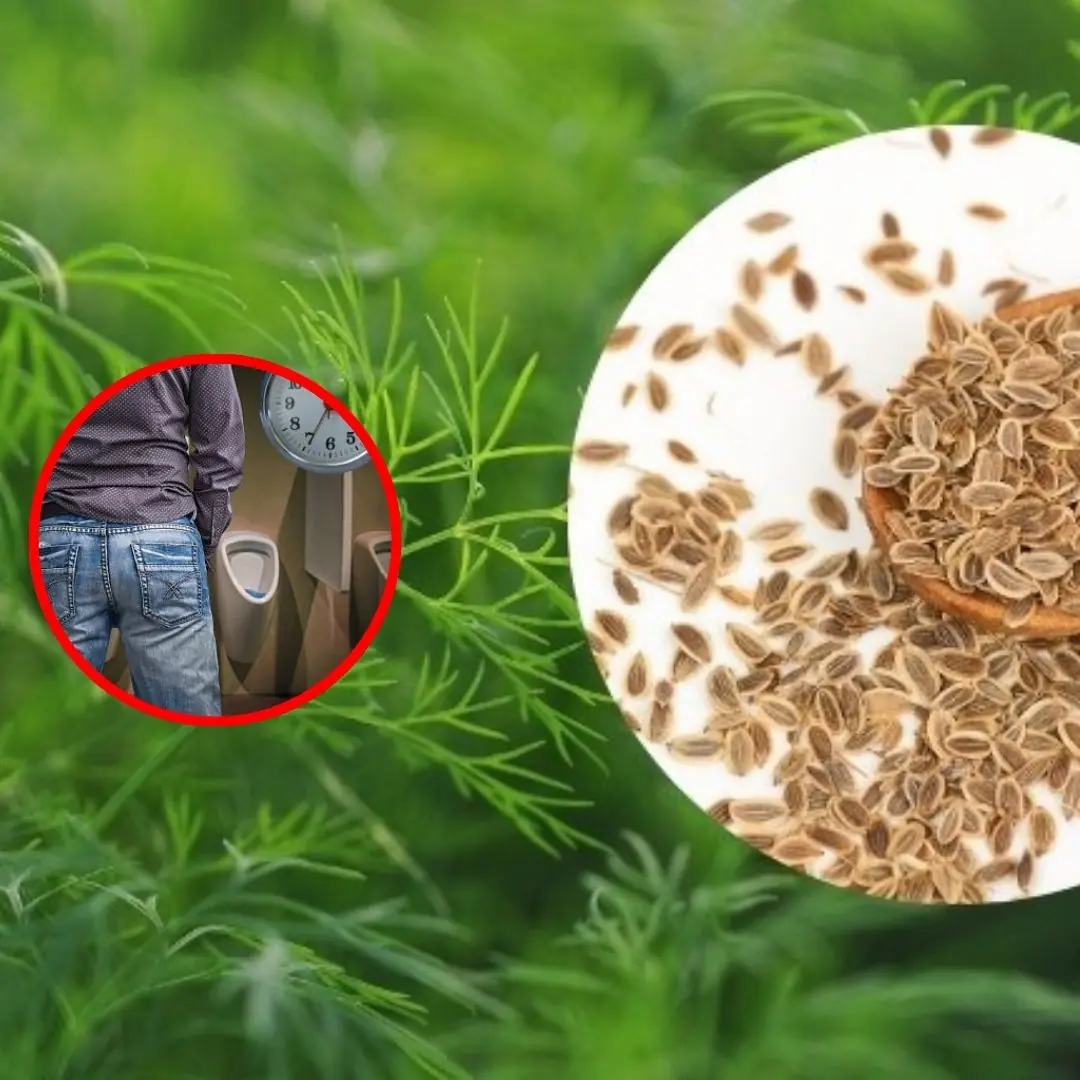
The familiar seeds in the kitchen turn out to be a precious medicine with 9 wonderful uses
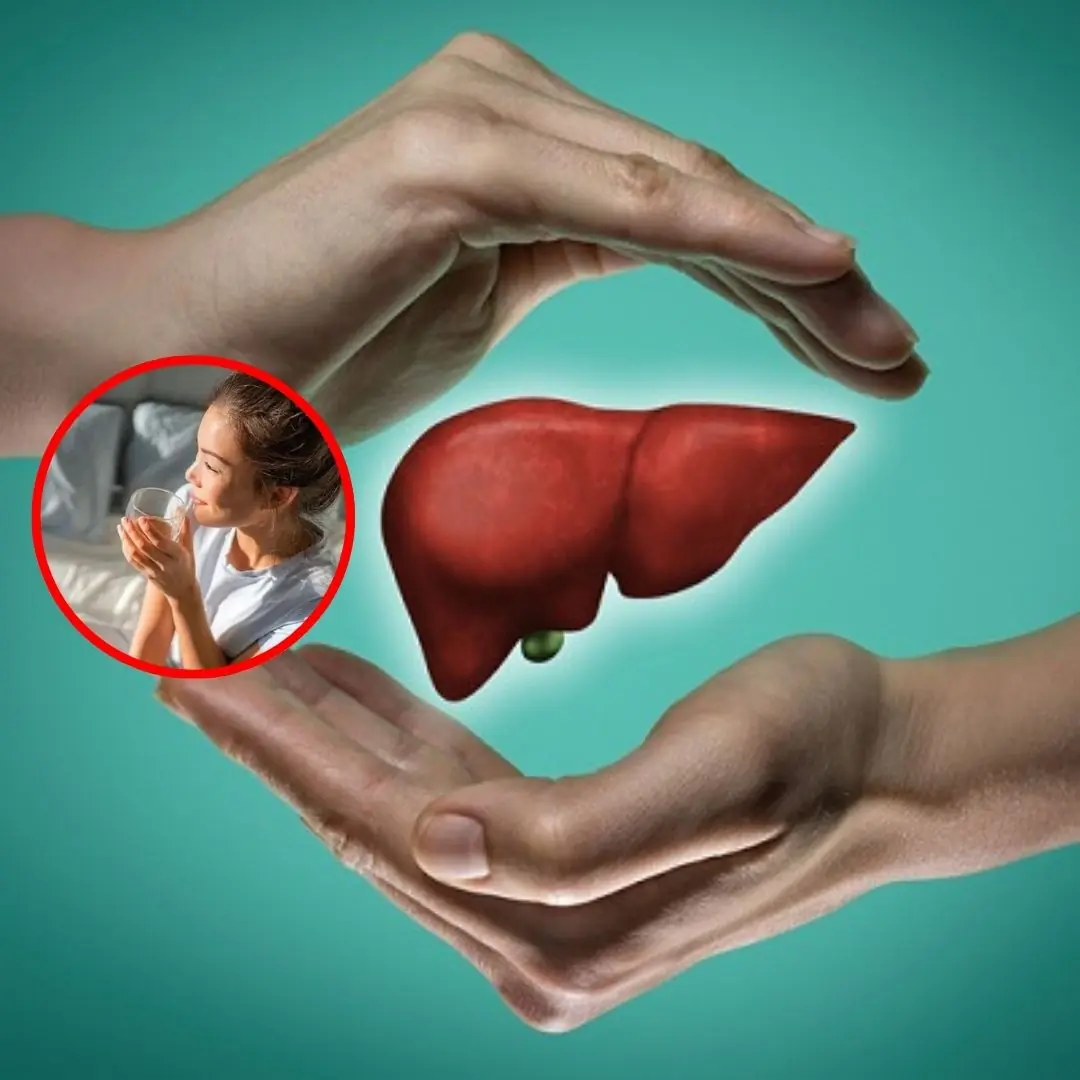
5 evening habits for a healthy liver and clean intestines

Doctor’s Reminder: Stop Drinking These 5 Beverages Immediately
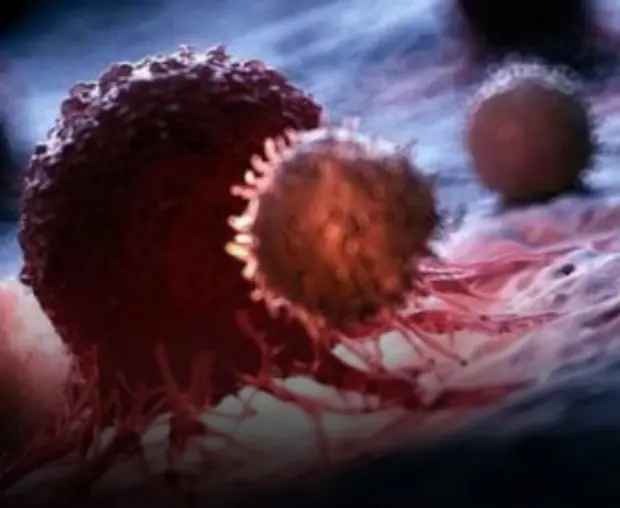
These 3 symptoms often appear in the morning - everyone should pay attention

5 types of fruit that make ca.n.cer "fearful" turn out to be full in the corner of the countryside garden, the world praises them but some are ignored

This tuber is considered "winter ginseng": Eating it correctly will double the benefits, eating it incorrectly will only bring harm to the body

5 food groups that shorten life expectancy and silently feed cancer cells are favorite dishes of many people.
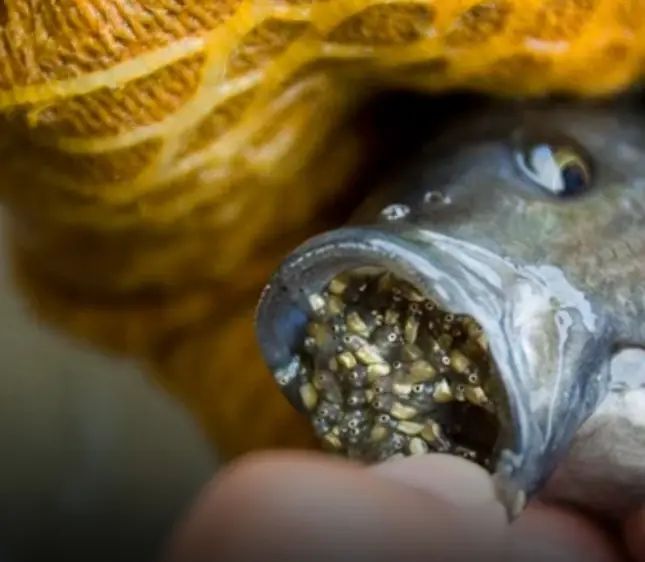
5 reasons you should not eat tilapia
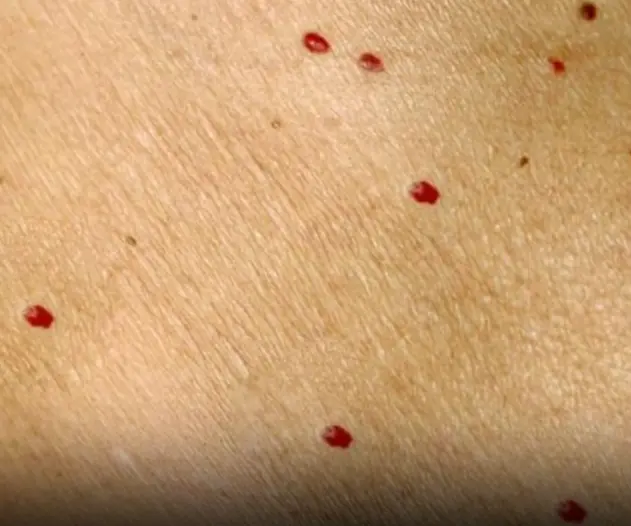
Red dots on your skin: Causes and what they could mean
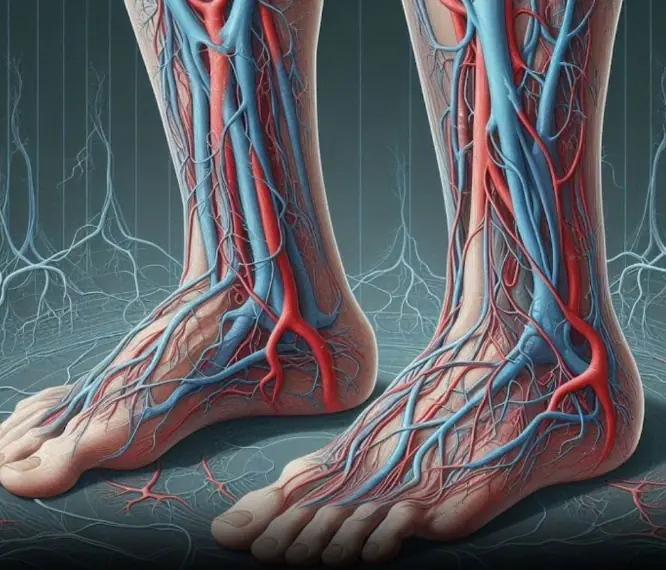
Top 10 foods that improve blo.od circulation in legs
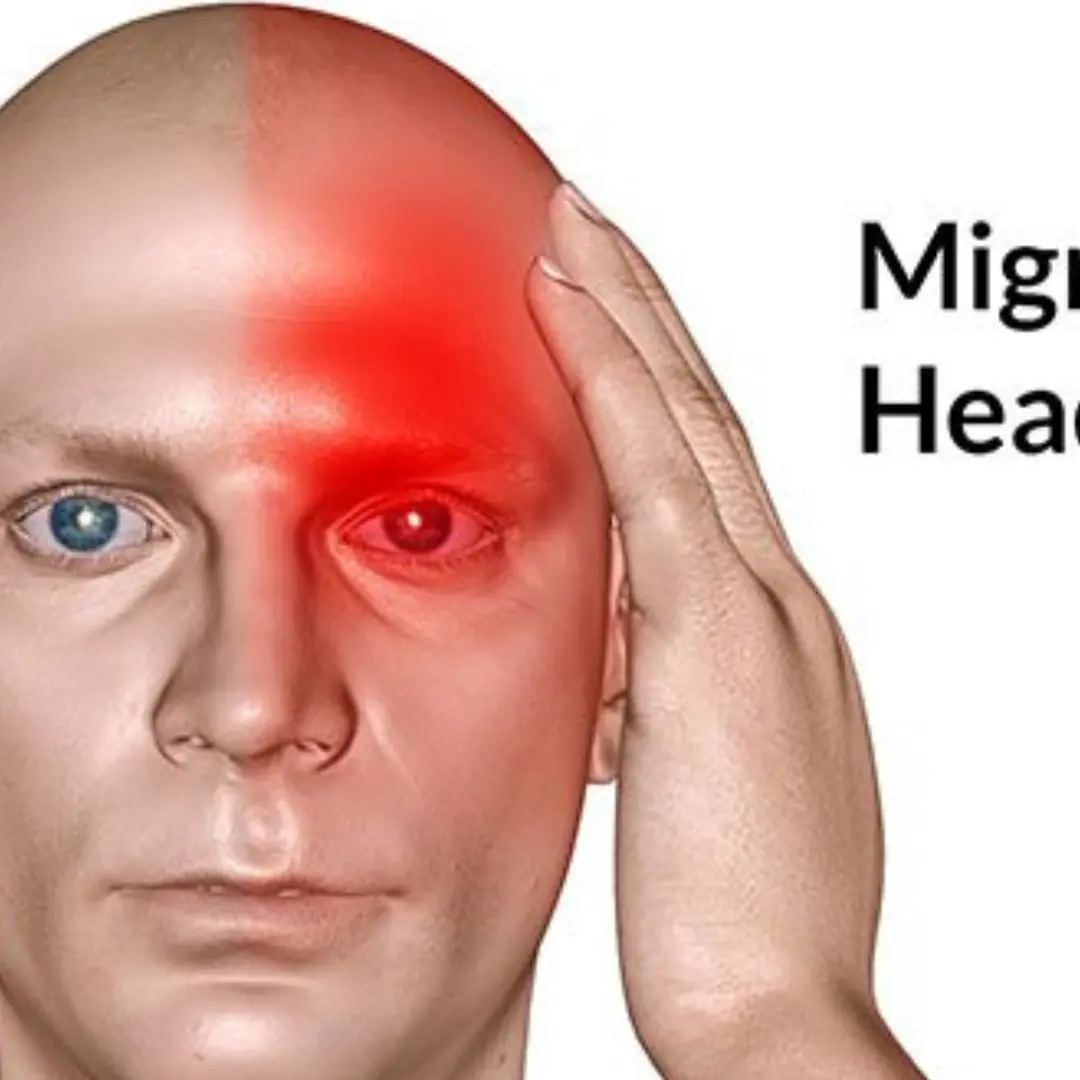
War:ning: Frequent recurring posterior migraines may be a sign of a medical condition
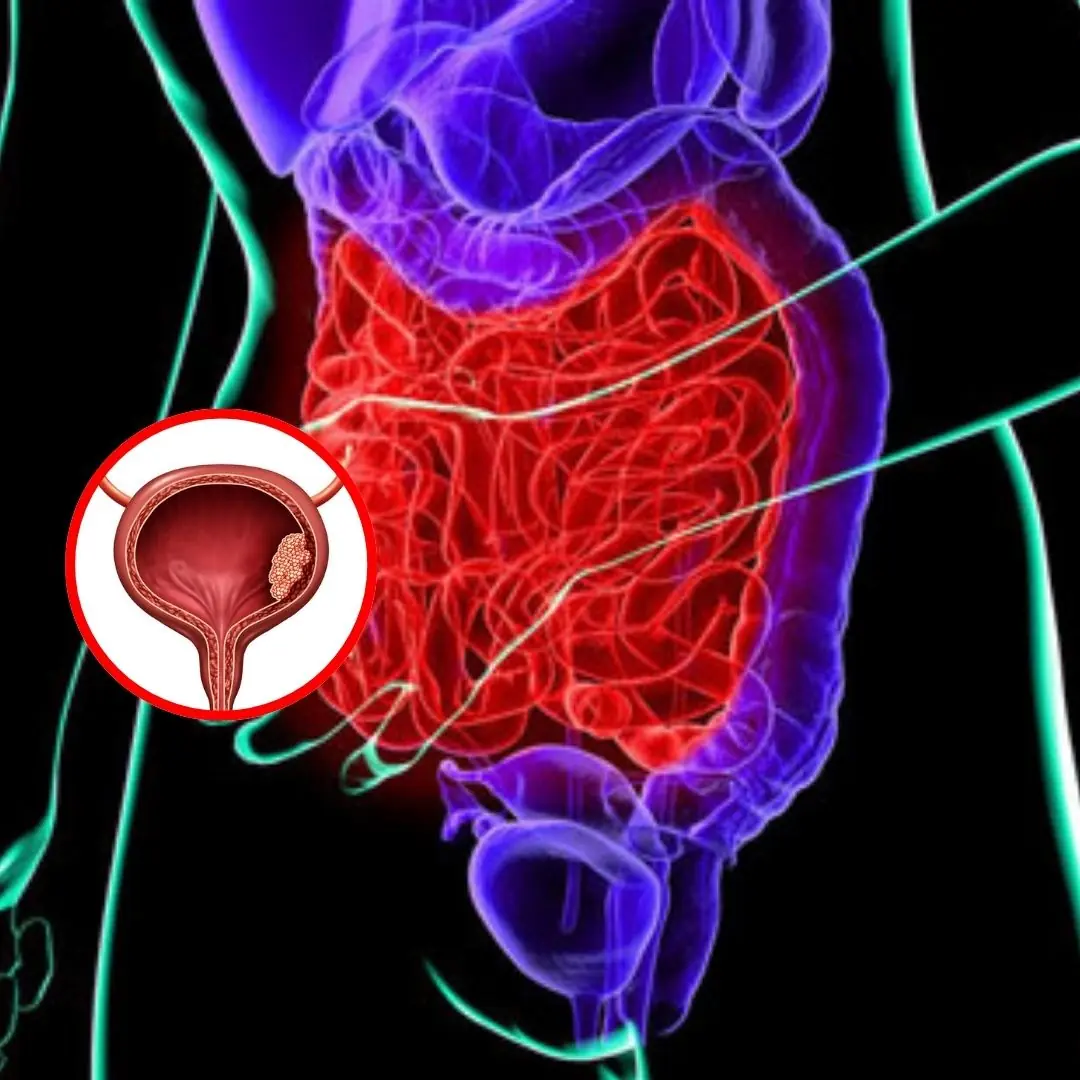
Bladder C.a.ncer: 5 Subtle Early Symptoms to Watch Out For

Doctor Shakes Head: 4 Popular Foods Were the Culprits
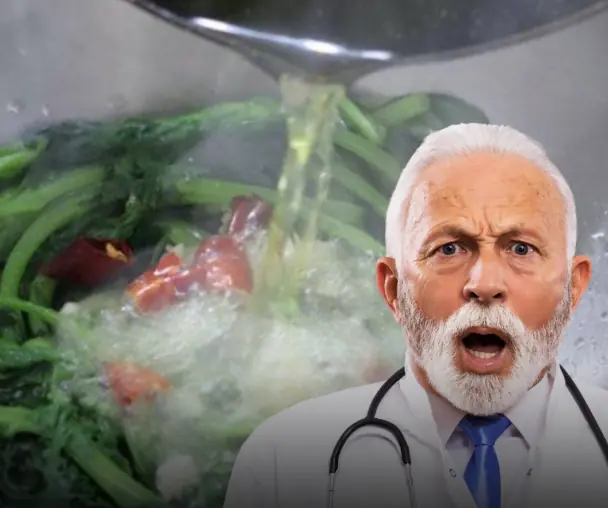
Keep your liver healthy: 4 vegetables and 2 fruits you should eat daily
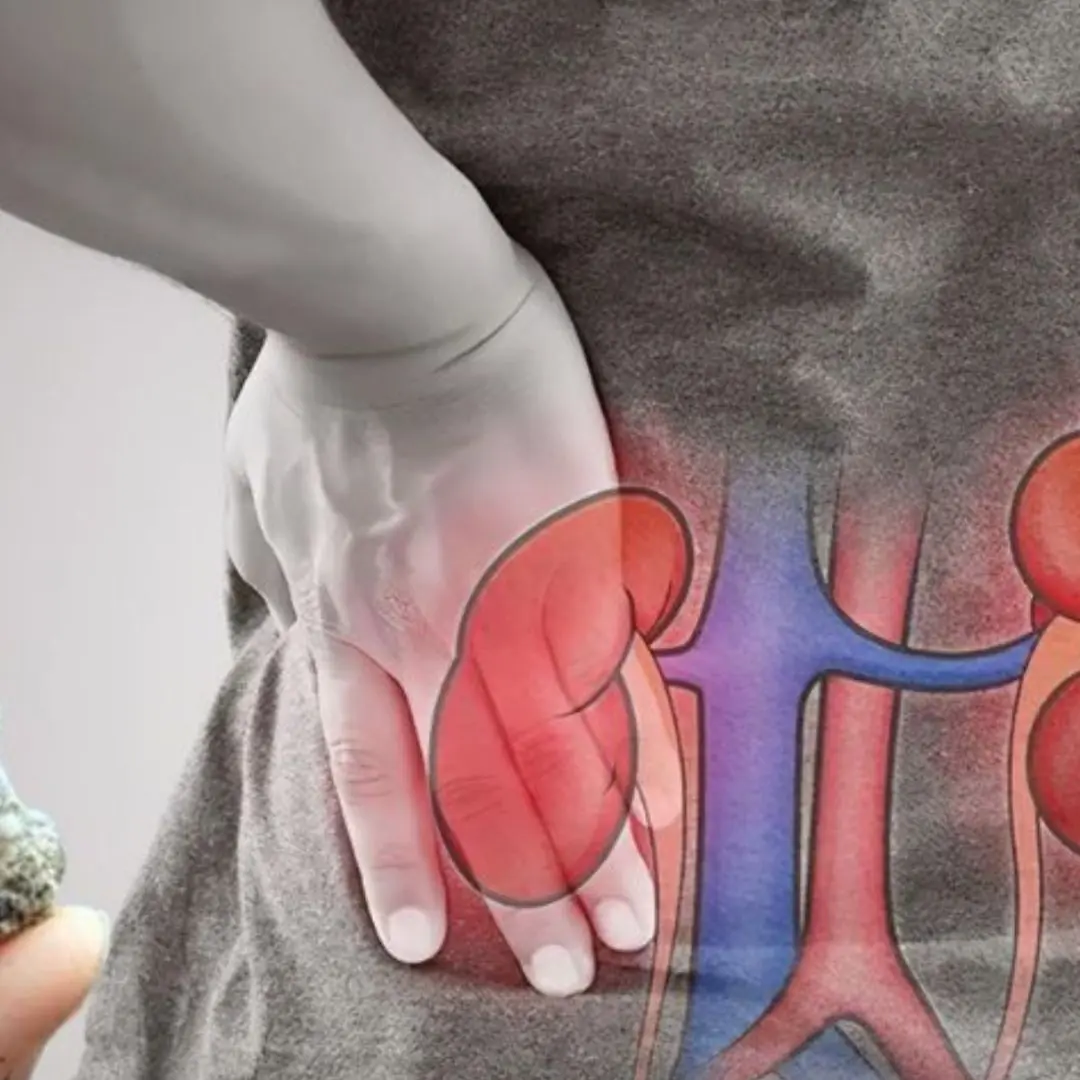
5 Silent Habits That Put Your Kidney Health at R.i.s.k
News Post

A controversial incident at a supermarket has sparked debate about fairness, rules and responsibility
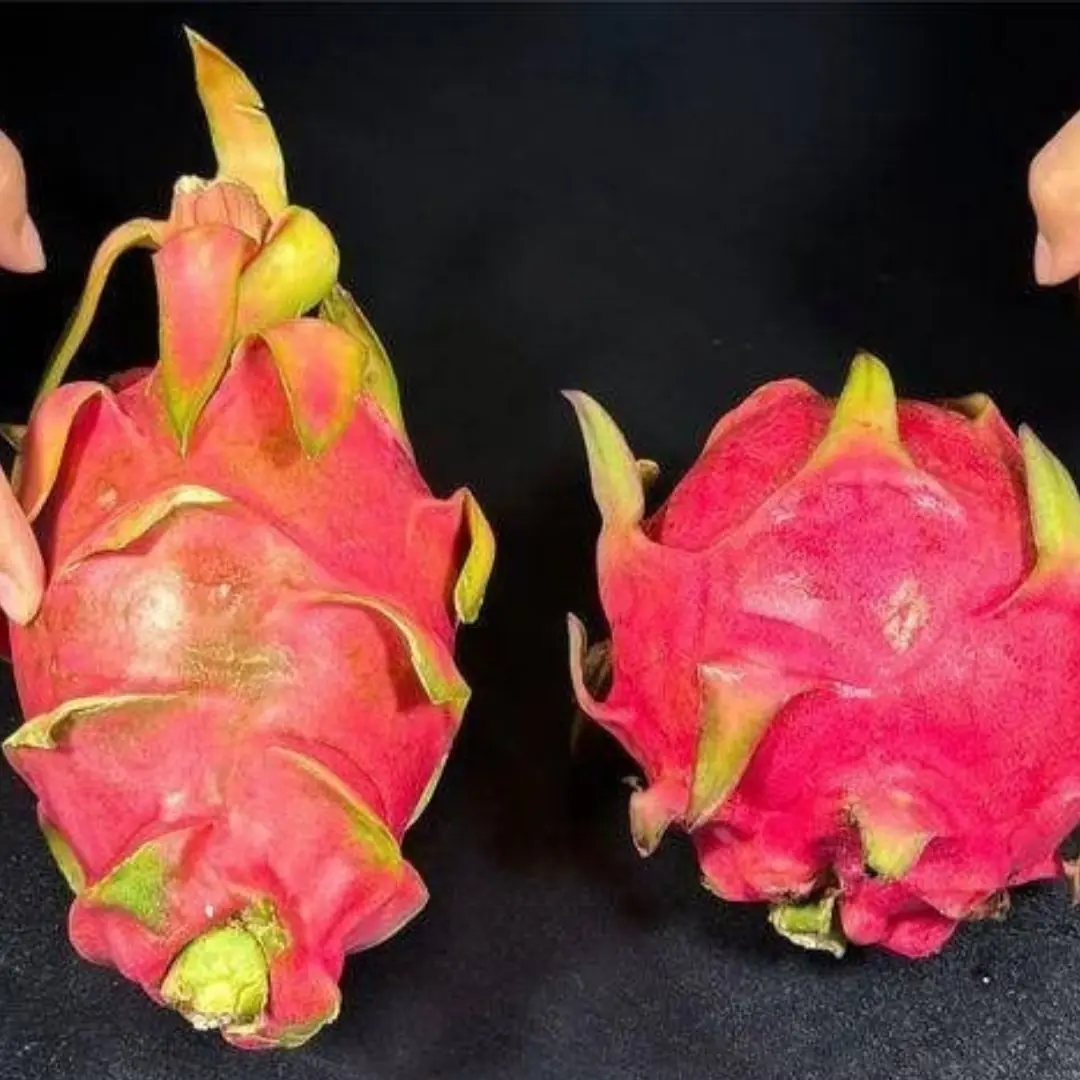
When buying dragon fruit, should you choose ones with short or long stems? Knowing this trick, you’ll pick 10 perfect fruits every time!

Experts warn: If these 3 signs appear at night, your kid.neys may be damaged

Eat 1 bell pepper every day, your body will receive 5 unexpected benefits

This method makes them spotless like new—no need to remove the frame
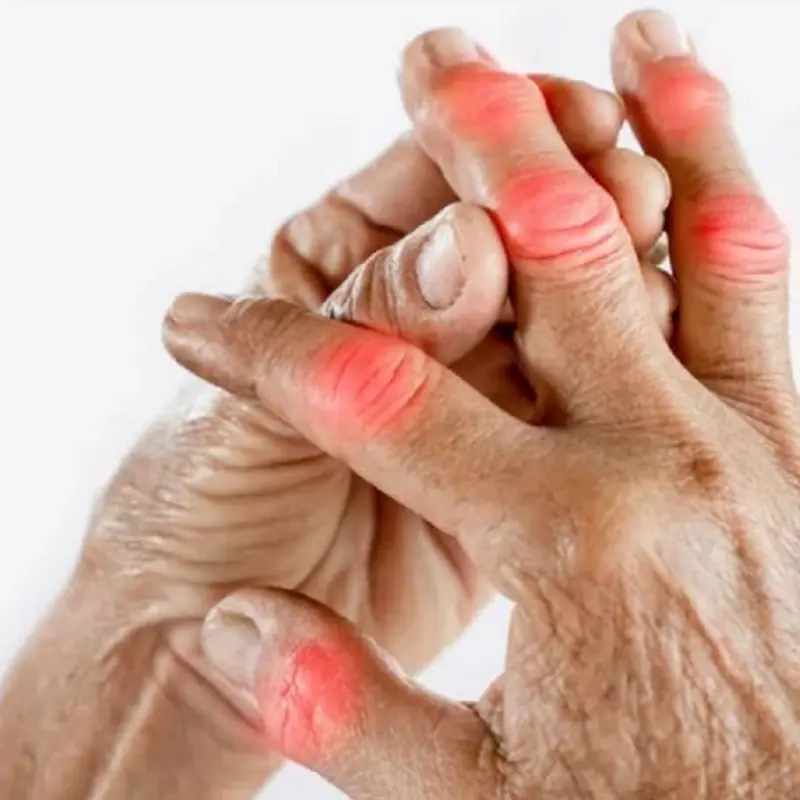
8 Early Warning Signs of Art.hr.itis You Must Pay Attention To

Sho.cking health benefits of sweet potatoes you never knew about
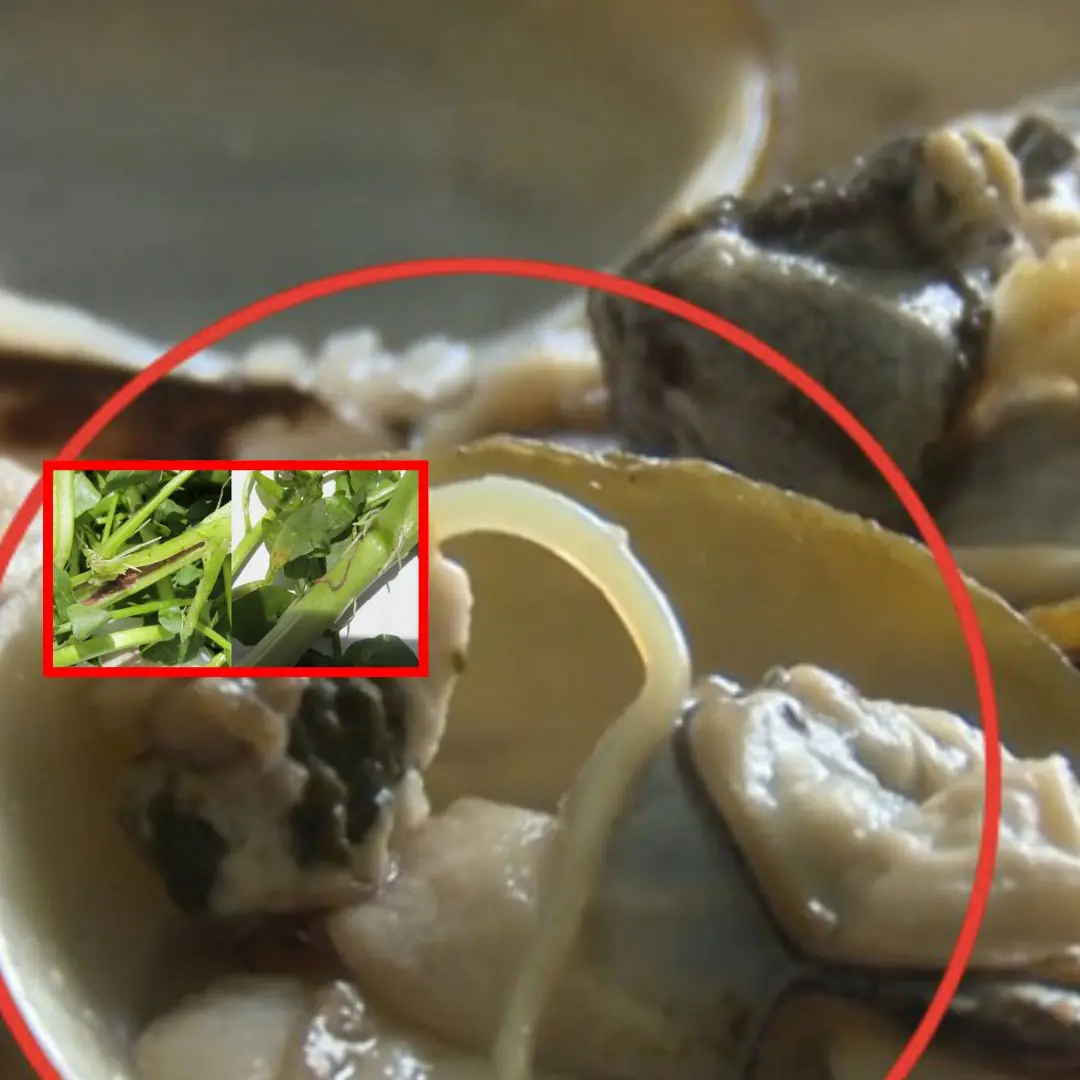
Did you know that common foods we eat daily—such as greens, seafood, and meat—can be infected with worms? Let’s explore which foods are most vulnerable and how to reduce the risk
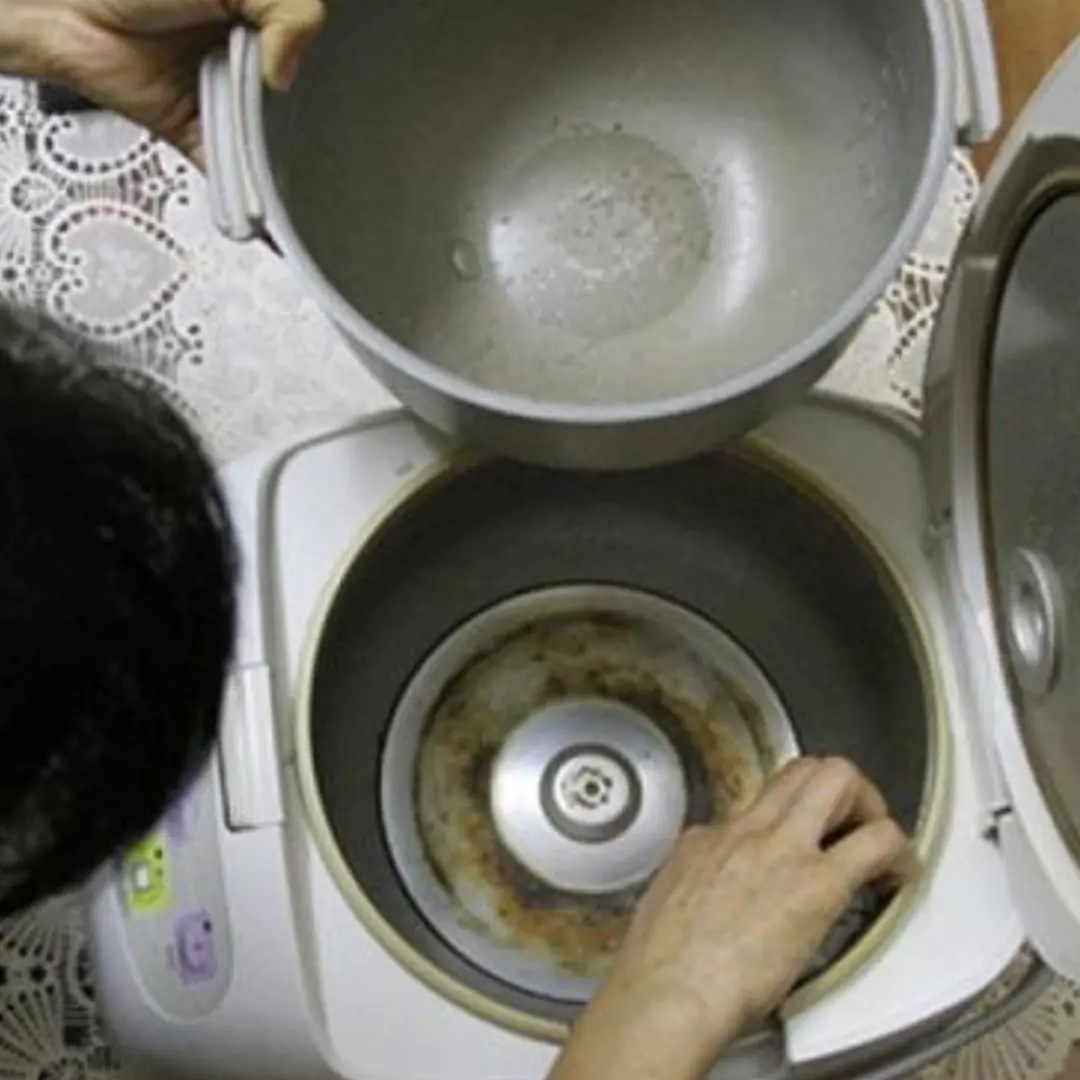
This tiny cleaning trick for your rice cooker could save you a fortune in electricity costs.

Study identifies possible connection to autism development

You should immediately give up the habit of eating this fruit and then scraping off the seeds because it has amazing benefits that few people expect.
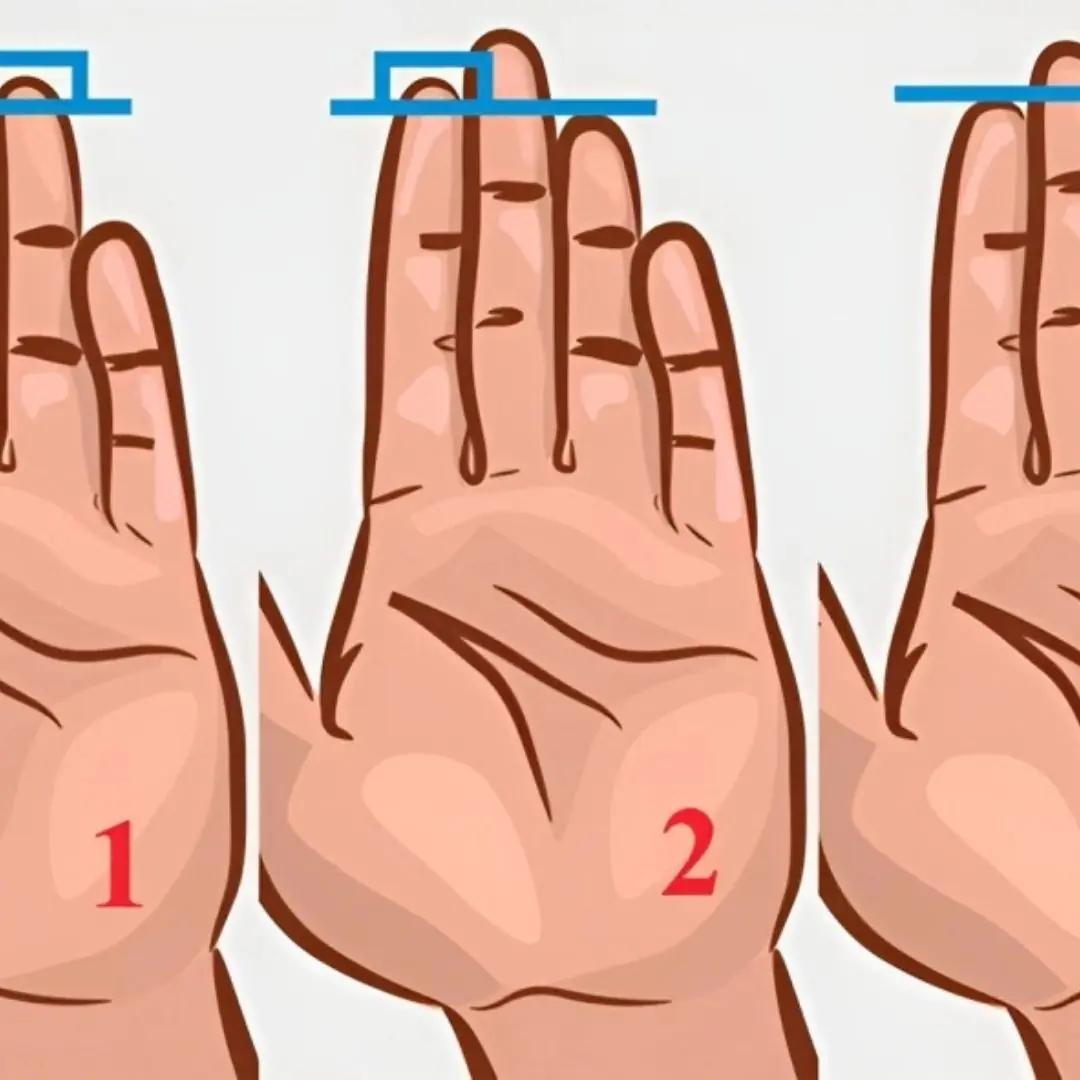
Ring Finger Length Reveals Interesting Personality Traits
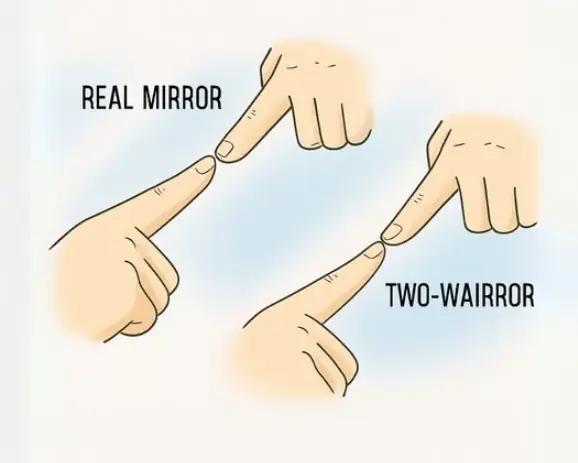
The hidden risks behind two-way mirrors: What you should know

Cold Weather, Frequent Nighttime Urination in Men, and Its Potential Health Consequences

The familiar seeds in the kitchen turn out to be a precious medicine with 9 wonderful uses

5 evening habits for a healthy liver and clean intestines

Doctor’s Reminder: Stop Drinking These 5 Beverages Immediately

4 Household Items That Are “Dirt Magnets,” Used Daily, Some Even Dirtier Than a Toilet
